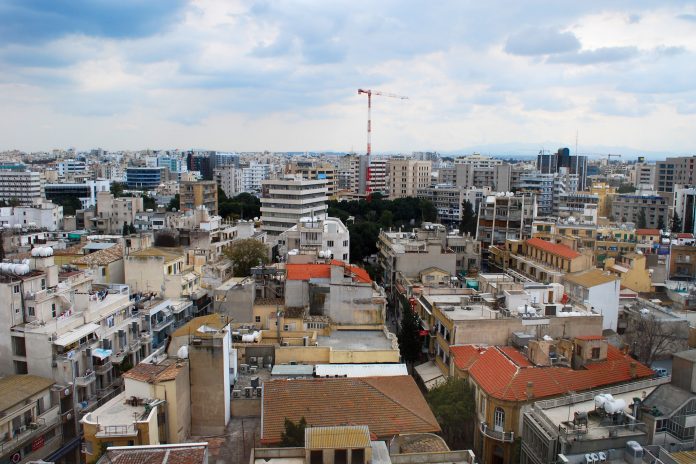A new report on Cyprus by the Council of Europe’s Group of States against Corruption (GRECO) stresses the need for a Code of Conduct for Members of Parliament to be adopted to prevent various forms of corruption, and to address issues such as conflicts of interest and lobbying. MPs’ asset declaration should be more comprehensive, and control over such declarations needs strengthening, GRECO notes.
Fully implementing all these recommendations has become “all the more pressing” given recent “serious allegations of undue influence of third parties over some MPs”, the reports says, a reference to recent allegations concerning the scheme of selling passports through the country’s Citizenship through Investment programme.
Published today with the approval of the Cypriot authorities, GRECO’s second compliance report assesses measures taken by Cyprus to implement 16 GRECO recommendations dating back to 2016 concerning corruption prevention with respect to MPs, judges and prosecutors. This report follows an initial compliance report published in 2018.
Although a movement towards simplifying and clarifying revenues and allowances received by MPs for discharging their office has been engaged, it has not been completed. GRECO acknowledges the preparation of a draft Code of Conduct for MPs since its initial compliance report, but Parliament is still examining the draft. In the meantime, several key GRECO recommendations for MPs concerning conflicts of interest, contacts with lobbyists, declaration of gifts and dedicated training against corruption have yet to be implemented or remain partly implemented.
Of 16 recommendations from 2016, seven have been fully implemented, six remain partly implemented and three have not been implemented. GRECO invites the Head of delegation of Cyprus to submit additional information regarding the implementation of the pending recommendations by 31 October 2021 at the latest. The Group of States against Corruption (GRECO) is a Council of Europe body that aims to improve the capacity of its members to fight corruption by monitoring their compliance with anti-corruption standards. Currently it comprises the 47 Council of Europe member states, Belarus, Kazakhstan and the United States of America.

